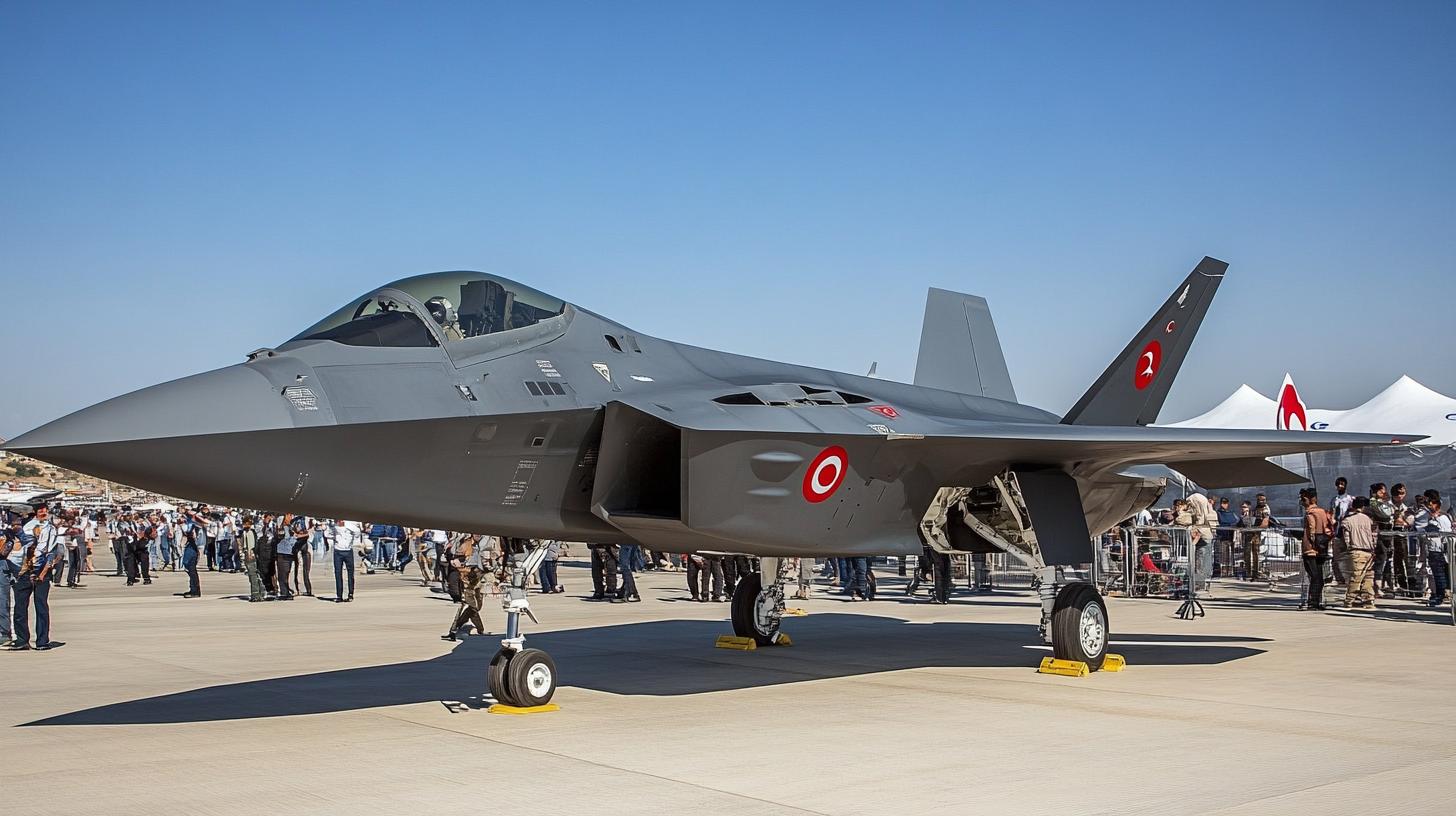In a striking development for the Turkish Air Force, significant changes in the combat fleet planning have been revealed following Defense Minister Yaşar Güler’s remarks on rejoining the F-35 program. As Turkey works towards bolstering its aerial capabilities, the country has crafted a revised strategy to ensure robust air power between 2028 and 2035. This plan involves a diverse mix of acquisitions and upgrades.
Modern F-16s on the Horizon: Turkey initiated the procurement process for 40 F-16 Block 70 fighter jets from the United States, wrapping up technical discussions earlier this year. With an initial payment of $1.4 billion, the agreement foresees a total cost of $6.5 billion. Once integrated into the fleet, these “Viper” jets will significantly fortify Turkey’s air power with cutting-edge 4+ generation aircraft.
Diving into Domestic Modernization: The Turkish defense industry will modernize existing F-16s, transforming around 200 of them into advanced 4+ generation fighters. This modernization, involving the integration of national avionics and radar systems, aims to make the jets compatible with new generation munitions and communications systems.
The Future of F-35s: Turkey’s initial order of six F-35 jets remains in limbo in the U.S. due to previous geopolitical tensions. However, talks have reportedly resumed for rejoining the program, aiming for 40 F-35s in the future, which would elevate Turkey’s fleet to next-generation combat capabilities.
Exploring the Eurofighter Option: Meanwhile, Turkey is considering adding 40 Eurofighter Typhoon jets to its inventory, actions crucial in counterbalancing regional air power dynamics. These developments underscore Turkey’s strategic shift towards self-reliation and modernization.
How Turkey’s Ambitious Military Air Fleet Expansion Could Revolutionize Global Defense Dynamics
As Turkey ramps up its efforts to enhance its air force capabilities, the implications of this strategic pivot could ripple far beyond its national borders. While Turkey has traditionally leveraged a mix of local innovation and international partnerships to fortify its defense posture, the current evolution in its combat fleet strategy reveals a complex interplay between ambition, geopolitics, and technological advancement.
Untapped Potentials and Emerging Technologies: Beyond merely acquiring advanced aircraft like the F-16 Block 70 and discussing potential re-entry into the F-35 program, Turkey’s military expansion could drive fresh innovation across aviation technologies. The focus on domestic modernization of their existing F-16 fleet could lead to breakthroughs in avionics and radar systems that may become valuable on the global stage. Turkish advancements in these areas could offer competitive alternatives to existing solutions, potentially spearheading a new wave of military tech development.
Advantages Underpinning Air Power Strategy:
1. Global Influence and Strategic Autonomy: Turkey’s approach underscores a shift towards greater self-reliance and strategic autonomy. By modernizing its fleet domestically, Turkey may reduce its dependence on external suppliers, which could buffer future geopolitical tensions.
2. Enhanced Regional Security: By bolstering its capabilities with advanced jets, Turkey fortifies its stance as a formidable power in the region, potentially stabilizing regional dynamics and deterring adversarial actions.
Disadvantages and Points of Controversy:
1. Geopolitical Ramifications: Turkey’s military expansion might exacerbate tensions with certain allies who view regional rearmament as destabilizing. How Turkey manages its defense strategy diplomatically could be pivotal in mitigating potential conflicts.
2. Economic Concerns: With substantial financial commitments—such as the $6.5 billion F-16 deal—one must question how sustainable these investments are long-term, especially if geopolitical shifts affect procurement partnerships.
Key Questions and Insights:
– What Could Be the Impact on NATO Relations? As a NATO member, Turkey’s defense strategy could influence collective security dynamics, especially if new technologies reveal tech-sharing synergies or discord over procurement choices.
– Could Domestic Innovations Lead to Export Opportunities? If Turkey masterfully executes its modernization plans, resulting technologies could become export-ready, offering a new dimension to its defense industries.
In the broader context, Turkey’s ambitious military endeavors showcase a pursuit of not just military enhancement but a foothold in emerging technological innovations. The outcomes of this endeavor will likely shape defense discussions worldwide and potentially pave the way for further collaboration or rivalry in developing military technologies.
For more on Turkey’s defense dynamics and military developments, explore the Diplomat or Defense News.







